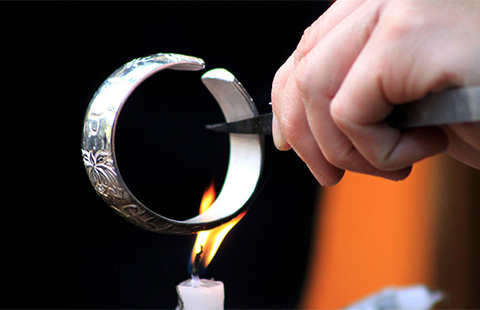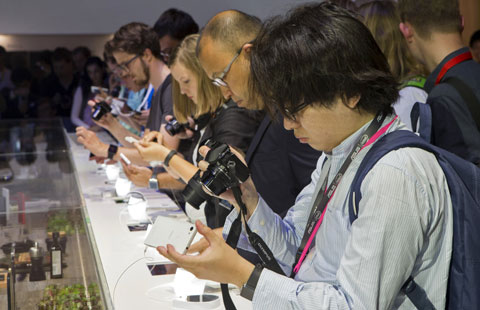IPR protection awareness
(China Daily) Updated: 2012-07-19 14:07
We have every reason to feel proud of the economic crime investigation department of the Ministry of Public Security, which received an award from the Global Anti-Counterfeiting Group on Tuesday for the outstanding contributions it has made in the battle to stop intellectual property rights violations.
What the police have achieved points to the importance the Chinese government attaches to the protection of intellectual property rights and its determination to fight infringements.
The public security departments nationwide cracked more than 44,000 cases related to IPR infringements and apprehended more than 55,000 suspects involved in the making and selling of counterfeit and shoddy goods from November 2010 to November 2011, according to the ministry.
However, the fact that the police cracked 15,000 cases and apprehended 16,000 people in the first five months of this year shows that there is still a long way to go to end IPR violations in this country.
As GACG Chairman John Anderson said, the honor the Chinese police have received should also serve to raise people's awareness of the importance of IPR protection.
Indeed, the large number of people involved in the making and selling of counterfeit goods is simply because the market is huge and they have no difficulty in selling counterfeit goods.
These people should realize that the more counterfeit goods they buy, the less room quality national and multinational manufacturers have to establish their brands. This hampers the healthy development of the economy and dampens manufacturers' enthusiasm to invest in producing new products.
Unbalanced as China's economy is, it will take time for all low-income residents to see beyond their immediate interests and recognize the harm counterfeit goods have on the healthy development of the economy. Over time people will come to realize that IPR protection is also in their own interests in the long run. But in the meantime, the global IPR system needs to be improved to answer the needs of developing economies.
The Chinese police should take pride in GACG's recognition of their achievements. But their continued efforts are still needed as part of a sound and well-observed mechanism of IPR protection.
- China to continue to push forward financial reforms
- Top 10 countries with most supercomputers
- Huge increase in China's Black Friday shoppers
- Hyundai, Kia's auto sales in China hit 2nd largest in November
- Investors eye greater market access after IMF's decision
- Stocks advance on back of large financial firms
- RMB internationalization positive for Chinese corporations: Fitch
- How to hand-craft silver jewelry

















